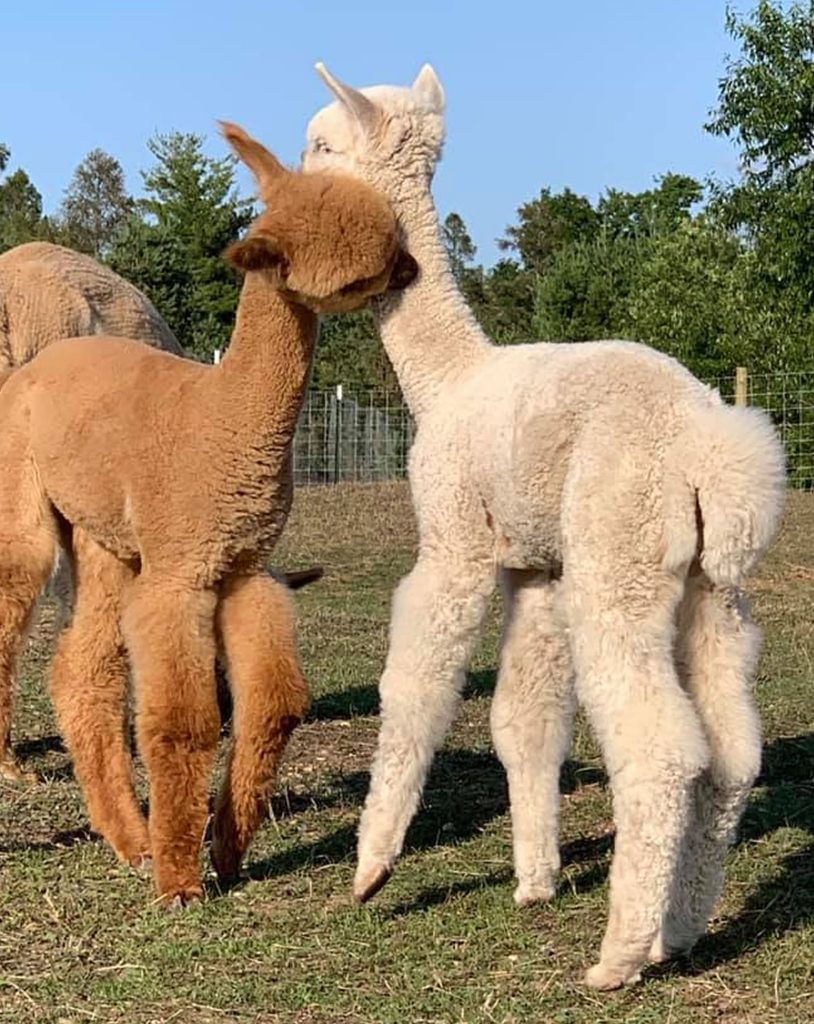
Alpacas are social animals and thrive in the company of other alpacas. Socialization is crucial for the well-being of these animals and plays a significant role in their behavior, health, and overall quality of life. In this article, we will explore the importance of socialization for alpacas and provide tips on how to socialize them.
- Why Socialization is Important
Socialization is essential for alpacas to develop social skills, communicate effectively, and establish a hierarchy within their herd. Alpacas who are not properly socialized may become anxious, stressed, or aggressive, which can lead to health issues and make them difficult to handle.
- Group Dynamics
Alpacas form hierarchical groups within their herd, with dominant and submissive animals. Socialization within these groups allows them to establish and maintain a hierarchy, which helps to reduce aggression and conflict. Owners should observe their alpacas’ interactions to ensure they are establishing a healthy hierarchy and intervene if necessary.
- Socialization Activities
Socialization activities can include supervised group outings, introductions to new alpacas, and training sessions. These activities provide opportunities for alpacas to interact and learn from one another, reducing stress and anxiety. Owners should take care to introduce new alpacas gradually and monitor their interactions closely.
- Early Socialization
Early socialization is crucial for alpacas to develop social skills and form strong bonds with their herd. Young alpacas should be kept with their mothers and herd mates to learn how to interact and communicate effectively. Separating young alpacas from their mothers or herd mates too early can cause them to become anxious and insecure.
- Interaction with Humans
Alpacas are curious and intelligent animals and can form strong bonds with humans with proper socialization. Interaction with humans should begin early in the alpaca’s life to establish trust and reduce fear. Alpacas can be trained to accept handling, haltering, and other routine care with positive reinforcement and consistency.
In conclusion, socialization is critical for alpacas to thrive and live a healthy and happy life. Proper socialization from an early age helps alpacas to develop social skills, establish a hierarchy, and form strong bonds with their herd and humans. Owners should prioritize socialization activities and observe their alpacas’ interactions to ensure they are establishing a healthy and harmonious herd.
